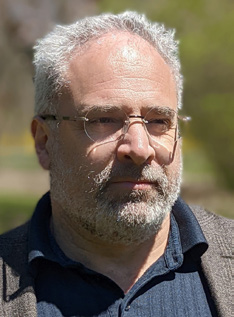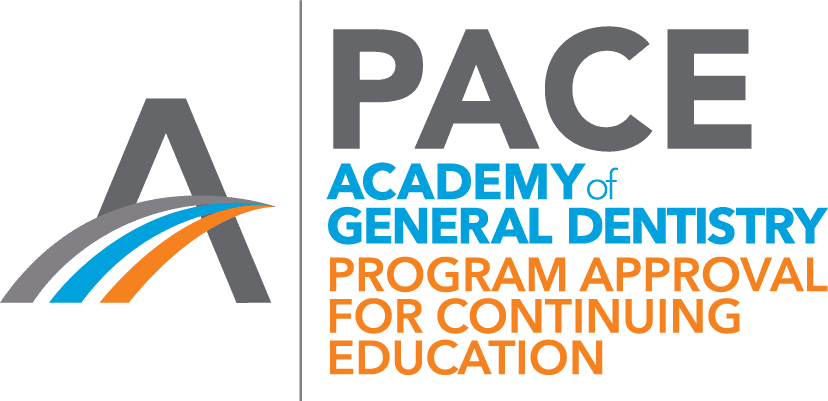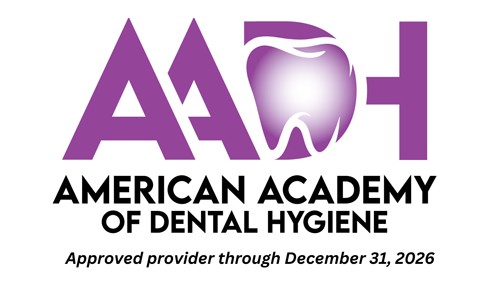Antibiotic therapy is not a substitute for dental or surgical intervention. Infected wisdom teeth, periodontal pockets greater than 5 mm, and diseased dental pulp tissue require mechanical intervention to restore a patient’s health and homeostasis.1 When a patient presents with a bacterial infection, the dentist will prescribe an antibiotic to kill the offending bacteria (bactericidal) or suppress the bacterial metabolic activity and growth (bacteriostatic), thereby allowing the immune system to clear the infection.2 Antibiotic therapy is frequently necessary as an adjunct to mechanical dental therapy and is rarely utilized as a stand-alone treatment.3 Antibiotics have specific pharmacologic effects on bacterial metabolism but, in most cases, will not directly interact with human physiology.4 There are some notable exceptions, such as the tetracycline class of antibiotics, whereby the inherent anti-inflammatory properties of the molecules are also desired and utilized. Antibiotics, however, are not without adverse effects on human physiology. Most of these effects occur through damage and destruction to the human microbiome, the bacterial multispecies symbiont present in every human being.5 A healthy microbiome is necessary for human metabolic homeostasis in areas as diverse as the immune system, digestion, neurotransmitter production and utilization, and control of inflammation.6-8 These issues fall well beyond the customarily understood antibiotic side effects of diarrhea, an upset stomach, and nausea. Dental professionals must consider the patient’s immediate health to clear an acute infection and the long-term ramifications of the human microbiome’s health with dental antibiotic therapy.9
Educational objectives
1. List and describe the common antibiotics utilized in dentistry
2. Discuss the role of antibiotics in dental infectious disease
3. Describe the safety, dosages, and contraindications for antibiotic use in dentistry
4. Outline how the information in this course can be used to improve patient care outcomes
About the Author

Eric Bornstein, DMD, is the former CMO of Nomir Medical Technologies, a biochemist, dentist, and photobiologist. He has managed a periodontal human clinical trial and has patented lasers and biofilm eradication technologies. Dr. Bornstein is widely published in journals such as Current Trends in Microbiology and Compendium. He delivers CE webinars for the Institute for Natural Resources (inrseminars.com) on pharmacology, marijuana, vaping, opioids, hallucinogens, and periodontal disease. His first novel, Sun Tzu’s Café, will be published in December 2023.
Quick Access Code: 22219
Image Credit: 120405867 © Artinun Prekmoung | Dreamstime.com






